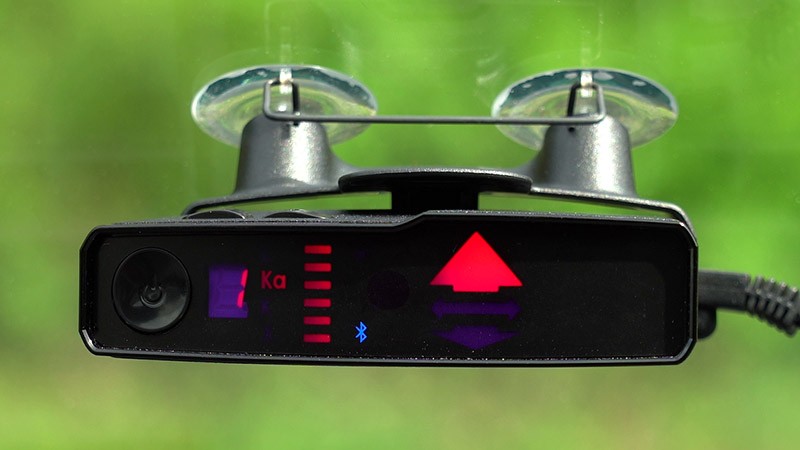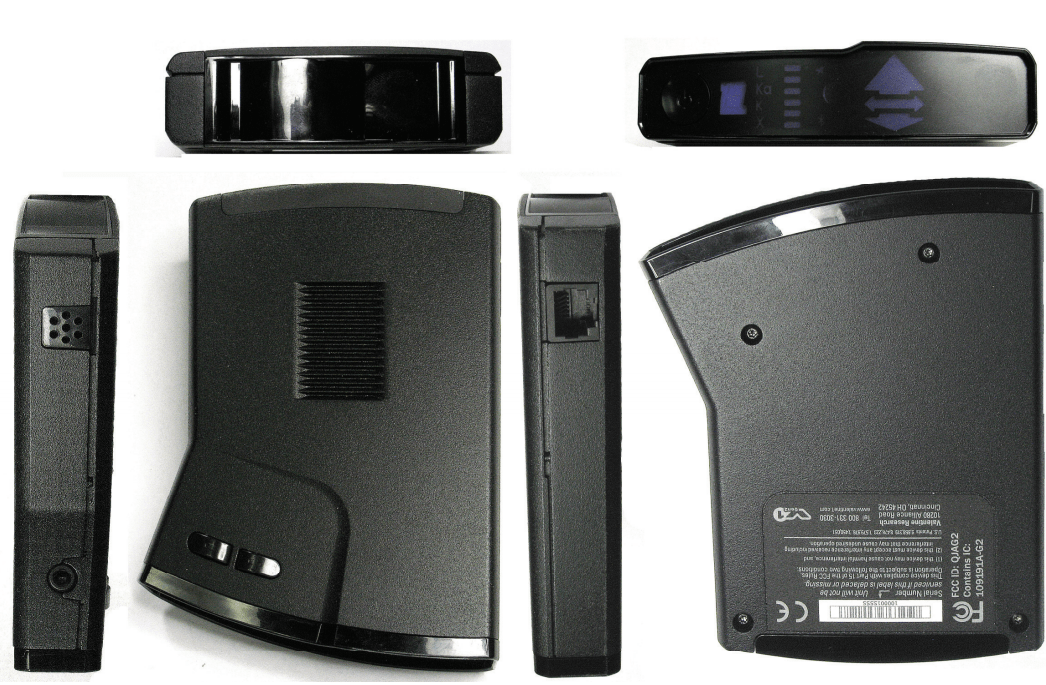Description
In March 2019, Valentine abruptly stopped producing the classic V1 radar detector.
There was a lot of discussion about the “why”, but one common rumour was the parts used to make it look like something out of the 80s were simply no longer available.
Several months later, Mr Valentine announced the first “new” V1 detector in over 20 years. The creatively named “V1 Gen2” is really not a lot different to the original.
Just like the original V1 radar detector, we don’t sell it.
Rather than be accused of bashing the product and being biased, here’s a list of reasons why it’s not available at NZ Radars
- No official sales outlet outside of the USA
- No warranty outside of the USA
- No repair agent outside of the USA
- No spare parts outside of the USA
- No GPS, so extra apps are required on your phone to make use of ALL the V1 features
And the biggest reason is performance. Yes, the V1 Gen 2 “works”, and is a decent detector. However, there is no obvious advantage over currently available NZ alternatives such as the Uniden R8, Escort Max 360c or the Escort Redline 360c, especially when many of them are the same or have similar prices.
An “obvious advantage” would be if it was remarkably better in any way than an R7, R8, Escort Max 360c, or Escort Redline 360c.
By “Remarkably better”, this could mean:
- Measurable range superiority
- Accurate and reliable camera van detection without countless false alerts as a tradeoff (none of the others are any good there either)
- Even tighter GPS database
- Simple easy to use operation without dongles, apps, bits of sticky tape, or a time machine
- Cheaper accessories such as window brackets, etc (remember, these aren’t even available locally)
Of course, this is just our opinion. We could parallel import them ourselves if there was ANYTHING about the Valentine that was superior over Uniden or Escort alternatives.









Reviews
There are no reviews yet.